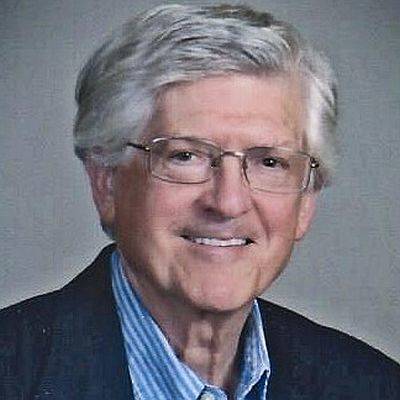“We need a national divorce,” tweeted Marjorie Taylor Greene on President’s Day.
For anyone who wondered what was just said, she explained: “We need to separate by red states and blue states.” Greene had spoken of secession before, not the least of the problem is that she represents a Georgia district in the U.S. House.
“I’m a ‘Proud Christian Nationalist,’ she repeats, and emblazons it on T-shirts she merchandizes. Not merely a back bencher, in January she was appointed to two important committees, Homeland Security and Oversight and Accountability.
U.S. Sen. Ted Cruz also has hinted at a potential need for Texas secession someday; and Rep. Lauren Boebert of Colorado, also an election denier, stresses a “Christian” responsibility to “rise up and take our place in Christ and influence this nation as we were called to do.” Elsewhere she opined that “the church is supposed to direct the government; separation of church and state talk is ‘junk.’”
White Christian nationalism represents a strong political force reaching far back in our history. In their recent book, “The Flag and the Cross,” sociologists Philip Gorski and Samuel Perry observe that until recently, “it was invisible to most Americans. It was invisible to most conservative white Christians because it has been the water they swim in and the air they breathe. It was invisible to most secular progressives because they live in a bubble of their own in which white Christian nationalism seems ‘fringe.’”
The violent insurrection at the U.S. Capitol on Jan. 6, 2021, canceled that invisibility, for the iconography displayed was revealing: Confederate and Christian flags; “Jesus 2020” and “Proud American Christian” banners waving; Bibles and a wooden cross. For a scant moment, a number of rioters knelt in prayer. It wasn’t a church rally, yet Christian slogans and symbols were abundant. On our television screens we saw that those who mobbed the U.S. Capitol were primarily white males; later we learned that they made up 90 percent of those arrested.
Christianity, nationalism and whiteness. What to make of it all? That question lay behind the research of two Midwestern sociology and religion analysts, Samuel Perry and Andrew Whitehead, who examined national survey data and conducted in-depth interviews for their discerning book “Taking America Back for God.” They defined Christianity as a religion and contrasted it with Christian nationalism, which they understand as a political ideology.
A collection of traditions, symbols, narratives and value systems, Christian nationalism fuses Christianity with American civic life and describes not only what America is but prescribes what it should do. The “should” is to sustain our identity as a Christian nation.
On a sliding scale of white Christian nationalism, Greene, Boebert and Cruz represent the extreme right wing that believes “the success of the United States is part of God’s plan.” But more moderate varieties exist, not as staunch and more open to accommodating themselves to evolving realities. Nevertheless, conflict persists between what the dominant American tradition is thought to have been and where demographics in the last half century indicate society is headed.
Underlying white Christian nationalism today are a number of factors: demographic changes involving a declining number of white Americans, fear among political conservatives that their power is diminishing, growing secularism and growth in wealth differentials, combined with uncontrolled immigration and toxic racial resentment. All appear in flux; what once were taken as permanent social and cultural hierarchies are now crumbling. As a consequence, we suffer from political and cultural polarization such as has not been seen since the Civil War.
In consequence, the threat to democracy is that policies supported by white Christian nationalists become normalized – for example, talk about “taking back America,” the Texas legislature’s attempt to remove Martin Luther King Jr.’s “I have a dream” speech from civics curriculums, state limits on voting rights and the teaching of Black history, restricting LGBTQ rights and banning books in schools.
One thing that could be done about the ideology of white Christian nationalism is to frankly acknowledge what animates its adherents. Then to the extent deemed appropriate, address their grievances through public political action. On an individual level, we could recognize that all people long for community. At church, at home and in our social relationships, it can be healing to highlight “Christian” principles and speak of justice and peace, of truth and service to others.
Ron Lora, a native of Bluffton, is professor emeritus of history at the University of Toledo. Contact him at [email protected]. His column does not necessarily reflect the opinion of The Lima News editorial board or AIM Media, owner of the newspaper.







